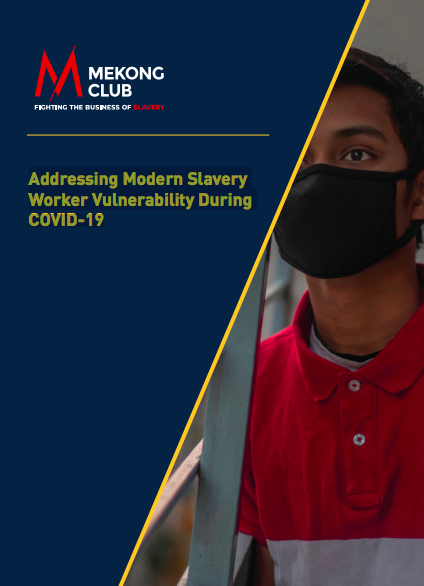The COVID-19 outbreak has been affecting Asia since January 2020. It is now a global pandemic, with over 4.5 million cases detected in 168 countries and over 300,000 deaths globally as of 15 May 2020. Much of the world has implemented severe quarantine measures in an effort to contain the spread of the virus, and these measures have significantly affected many businesses.Most footwear and apparel manufacturers have seen major disruption in many parts of their supply chains and business operations. For example, in Bangladesh, 72% of apparel buyers have not paid for materials already purchased by the supplier. This has resulted in over US$2.5 billion worth of order cancellations in garment manufacturing and the loss of over one million garment worker jobs. Similar trends are being seen all over the world. This continuing crisis poses a number of challenges, some limited to moving activities online, others much more serious and related to the sustainability and profitability of business in the short, medium and longterm. While corporate professionals go through a major experiment of teleworking, supply chain workers directly employed by companies or by suppliers and sub-suppliers are facing much bigger challenges. There is no doubt that the COVID-19 crisis poses a higher risk to their wellbeing, job security, and basic rights.

